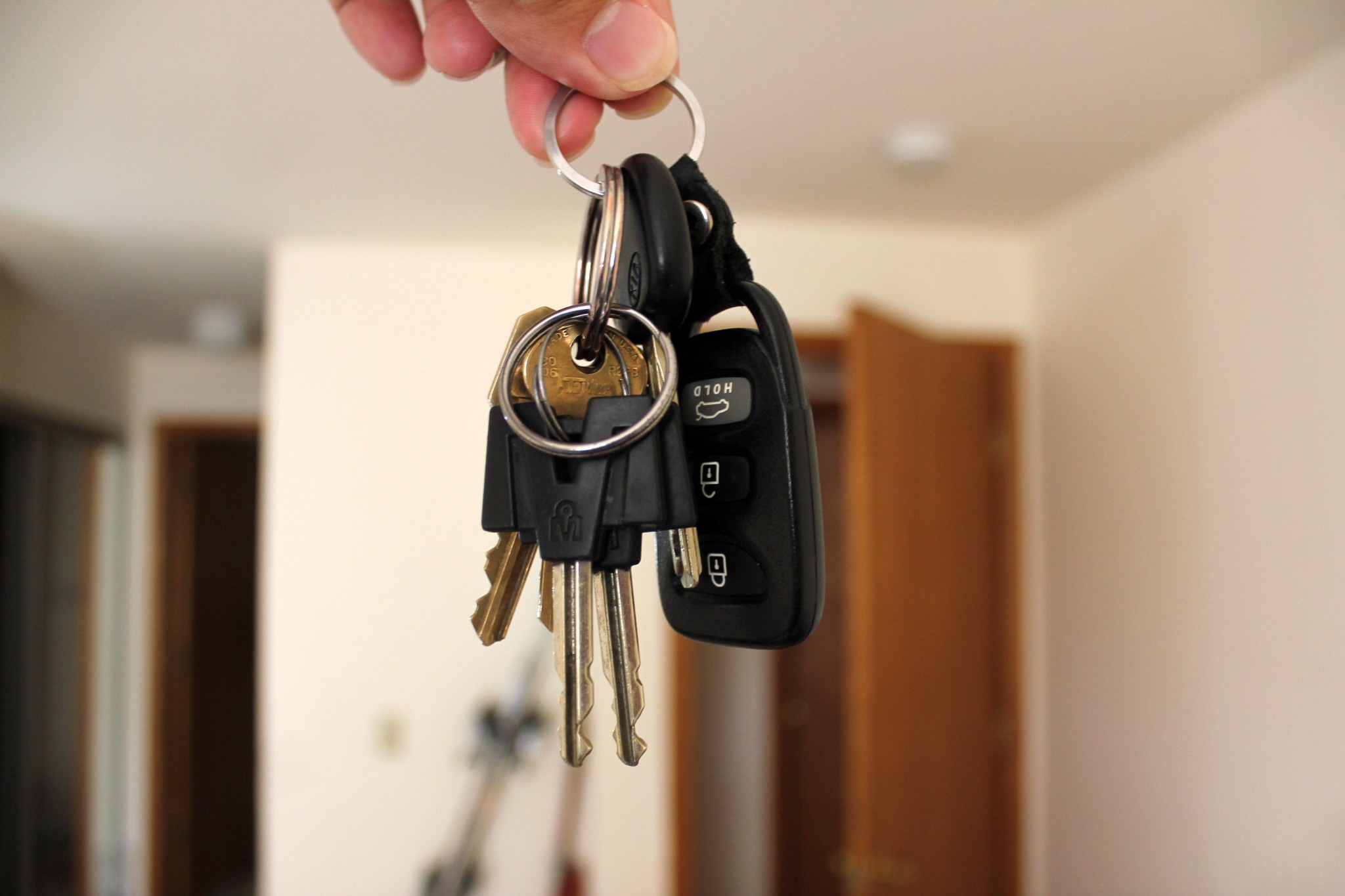
Challenging residents can make your life miserable. When a situation reaches its breaking point, you may feel the urge to simply rekey your property, say good riddance and find a better tenant.
Not so fast.
Even when your tenant isn’t following the rules, there are very few instances where a landlord can lock a resident out legally. Here’s when you can and can’t rekey the locks.
When Can Landlords Change the Locks?
The most common reason for a landlord to change locks is after a tenant moves out. In this scenario, a resident plans to move, turns in their notice to vacate, and meets all the terms of the lease. As soon as they vacate, you should change the locks so they can no longer enter your property.
Related: How To Avoid The Costly Headache of Evicting a Tenant
There are two less desirable situations where you can also rekey – eviction and abandonment. In both situations, residents are not abiding by the lease terms and you need them to leave. However, even though they’re in the wrong, you can’t change the locks without taking precautionary steps. In fact, if you lock them out in haste, you’ll be the one in trouble.
How to Lock a Tenant Out Legally
If you want to evict resident for non-payment or other breach of agreement, you must go through the court to get an eviction judgement. After the eviction judgement, the resident is given five days to appeal. Only after five days with no appeal are you legally allowed to change the locks.
What if your property looks abandoned? You still have to notify your residents before locking them out. Post a note to the door letting them know you’ll rekey in a certain amount of days if they don’t contact you. After that time passes, you’re allowed to rekey.
Is it Okay to Change the Locks on Occupied Rentals?
It’s less common, but you may have to change your property locks while someone lives there. Give the resident plenty of notice before the change and make sure you have a system in place to get copies of the keys to them promptly.
Related: Do You Make These 3 Landlord Mistakes?
Tenants may also ask to change the locks themselves if they lose a key or for other personal safety reasons. You can allow it, just ask for the request in writing and for a copy of the key as soon as the locks are changed.
When in Doubt, Don’t Rekey
Think twice if you question your right to change locks, especially if it’s to rid yourself of a challenging tenant. The process of eviction needs to play out in the court system; you can’t take the law into your own hands. Otherwise, you risk legal action from your tenants and odds are they’ll win the case if you lock them out without the authority to do so.
Have questions about changing the locks or managing difficult tenants? Contact us for a free consultation.


